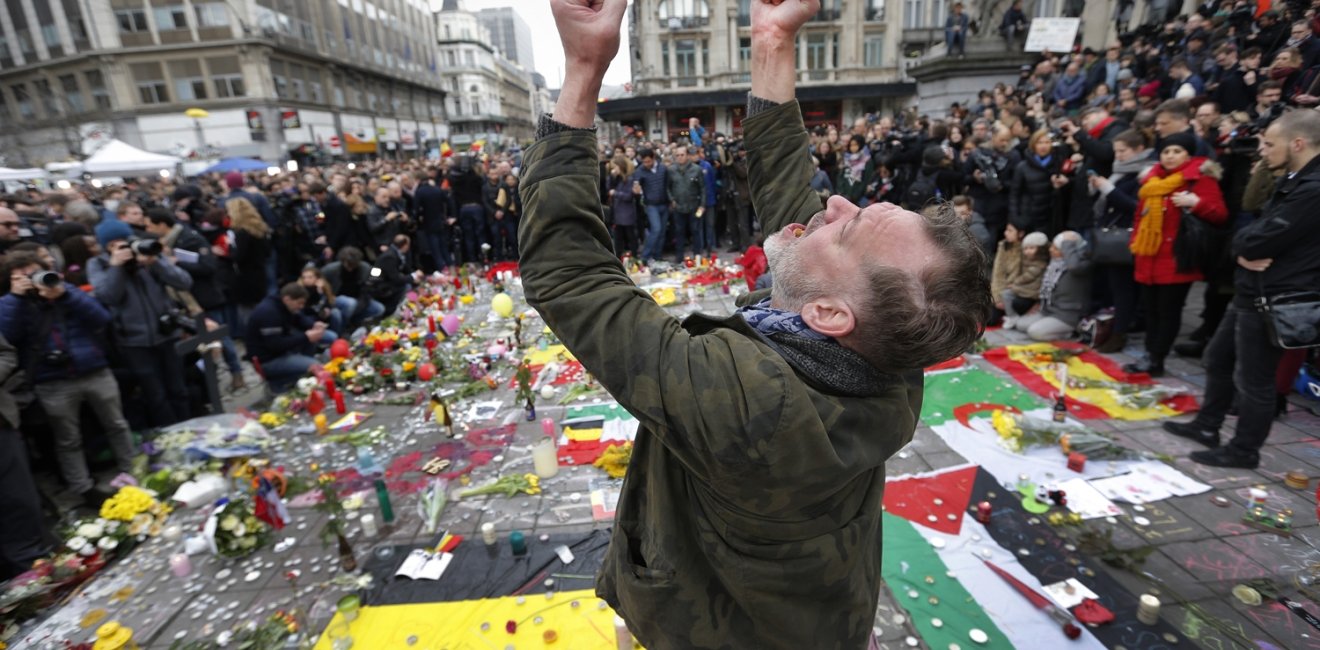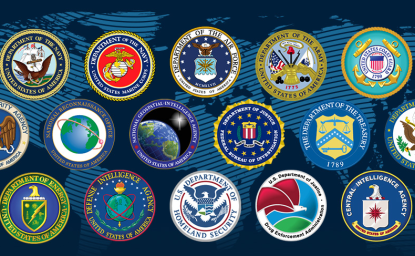What the Brussels Attacks Highlight in the Long War Against ISIS
Here’s why the global response to the attacks in Brussels this week isn’t likely to be more effective than the one that followed the Paris attacks in November.
Here’s why the global response to the attacks in Brussels this week isn’t likely to be more effective than the one that followed the Paris attacks in November.

Here’s why the global response to the attacks in Brussels this week isn’t likely to be more effective than the one that followed the Paris attacks in November.
European security services can’t handle the problem. Islamic State has inspired or directed attacks in 20 countries and operates with relative impunity in parts of north and west Africa, including in Egypt’s Sinai. As it promised after Paris, its extremists are targeting Western Europe. Security is hampered by a combination of migration from the Middle East that is hard to control and monitor; insular and alienated Muslim communities willing to harbor ISIS operatives; and understaffed and overworked intelligence agencies pressed to share information. The nature of open and free societies also provide opportunity for jihadi attacks. Belgium’s troubled areas have been written about for some time; it “faces widening derision as being the world’s wealthiest failed state.” Among the highlights of its security-service dysfunction: Salah Abdesalam, the Paris attacks suspect arrested Friday, was found living a mile from his mother’s home. Two brothers involved in Tuesday’s strikes had criminal records; at least one’s involvement in jihadi activities was known to Belgian authorities.
ISIS is more than a counterterrorism problem. More important than election-year sniping about who or what “founded” ISIS is why ISIS grows: It feeds on the broken, bad, or absent governance in a dysfunctional Arab world where those governments that exist lack sovereignty or oppress constituencies. The oppressive and murderous policies of Bashar al-Assad’s regime in Syria and the exclusionist and discriminatory approach toward Iraqi Sunnis by successive Shiite-led governments in Baghdad have created a large pool of jihadi recruits. ISIS’s successful operations draw more. This terror will continue to thrive if there is not greater effort by Arab governments and Muslim elites to delegitimize extremists in their midst as well as the jihadis who use Islamic doctrine, texts, and centuries-old practices to validate their brutality.
The “international community” is divided. ISIS threatens international security but isn’t looking to occupy Western Europe or parts of Asia. In the aftermath of 9/11 and the battles and devolutions that followed in the Middle East, it’s no surprise that we haven’t seen grand coalitions a la World War II or scores of thousands of ground forces deployed to destroy the ISIS state in Raqqa or to occupy large parts of Syria and Iraq. Most great powers are reluctant to get involved in nation building. Despite experiencing an attack by an ISIS affiliate, Russia was willing to take the risk of military deployment–but Vladimir Putin intervened in Syria in ways that benefited ISIS. He propped up the Assad regime, whose actions directly contribute to ISIS’s recruitment and expansion. Turkey is another example of the separate agendas of many powers when it comes to ISIS: That country has experienced many incidents of ISIS terror but is more worried about preventing the Kurds in Syria from gaining power.
Foreign terror has long been a part of al-Qaeda and ISIS theology and tactics. Establishing the ISIS “caliphate” in Iraq and Syria did not change that goal. As airstrikes in Iraq and Syria deny ISIS territory, the organization demonstrates its resilience by expanding its reach through affiliates and operatives. It’s no coincidence that the deadliest recent attacks have been carried out against targets in or of the West. There was unmistakable symbolism in striking the seat of NATO and the European Union. ISIS is determined to demonstrate its capacity as its rise in Iraq has been checked.
It should provide some comfort that nearly 15 years after 9/11 there has not been a successful large-scale terror attack in the U.S. directed by a foreign organization. The shootings in San Bernardino showed that ISIS can inspire strikes in the U.S. but did not reflect significant operational capacity here. (At least not yet.) Many factors set apart the U.S., including lack of proximity, better law enforcement and security cooperation since 9/11; and better integration of Muslims on this side of the Atlantic. But we’re clearly not immune. In the long war against the forces of global jihad, it’s probably only a matter of time before a Paris- or Brussels-style attack is attempted here. The question is whether that threat inspires greater urgency and effectiveness in the fight against ISIS.
The opinions expressed here are solely those of the author.
This article was originally published in The Wall Street Journal's Think Tank blog.


The Wilson Center’s Middle East Program serves as a crucial resource for the policymaking community and beyond, providing analyses and research that helps inform US foreign policymaking, stimulates public debate, and expands knowledge about issues in the wider Middle East and North Africa (MENA) region. Read more



